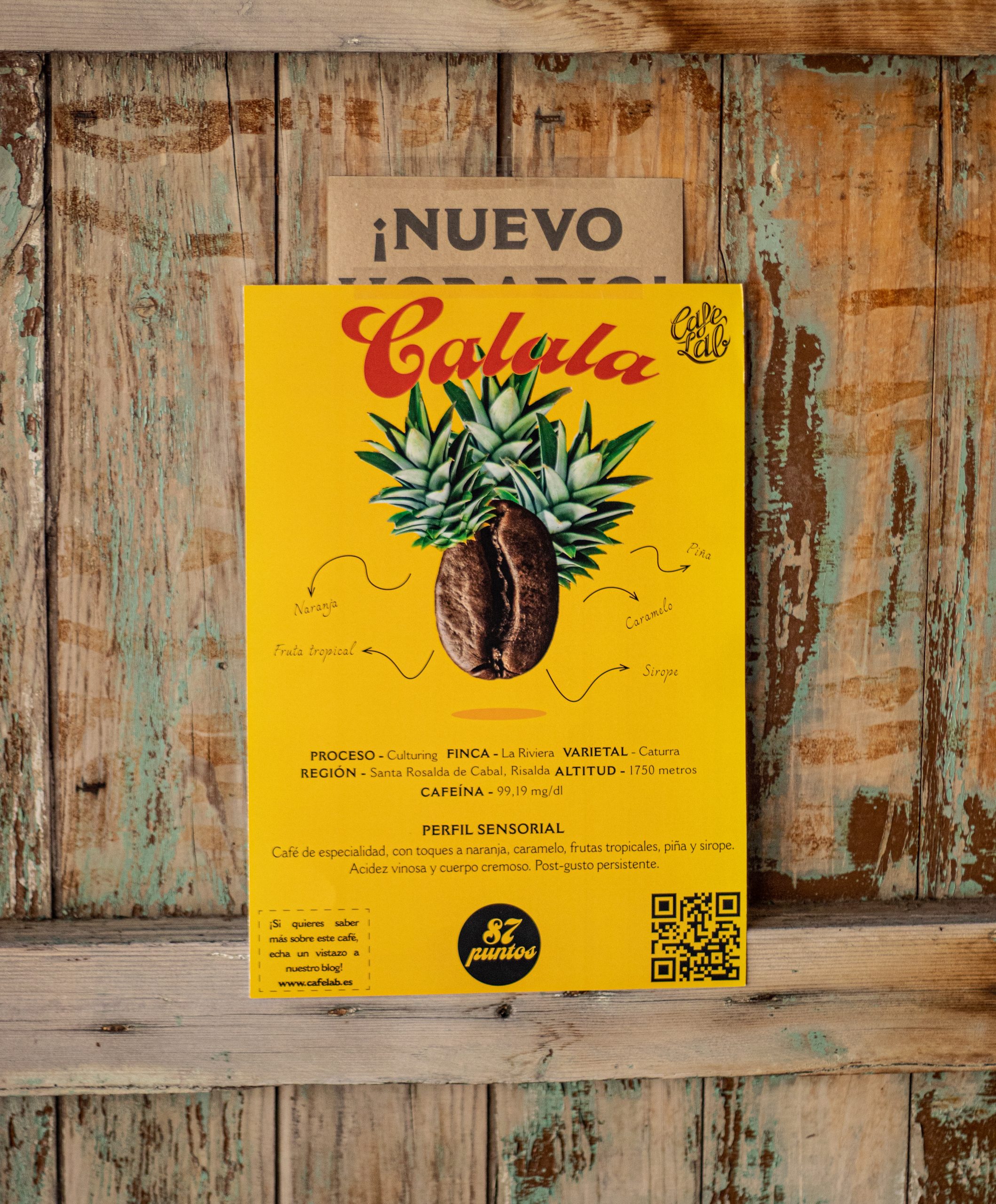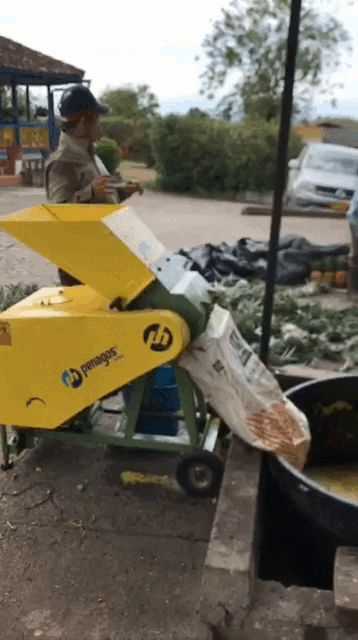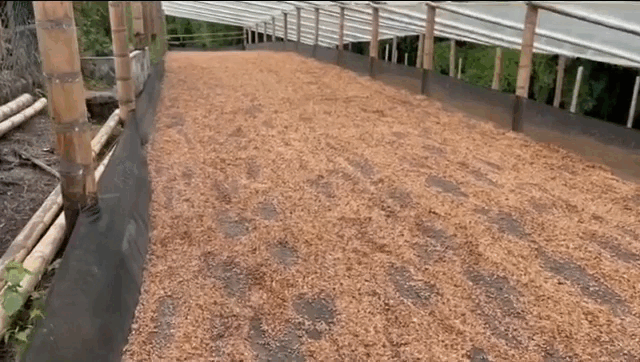¿Qué hace especial a este café?
Para los atrevidos, para los que quieren probar cosas nuevas y para los que apuestan por la innovación, os descubrimos nuestra nueva joya de la corona: el Colombia Calala. Un café macerado mediante Culturing.
Se trata de un proceso que realiza una fermentación del café junto con las bacterias de otras frutas y plantas, en este caso piña, naranja y otras frutas tropicales, por la que se produce un intercambio de microorganismos entre ellas, dándole al café unos matices únicos.
Sus toques a naranja, caramelo, frutas tropicales, piña y sirope son evidentes. Su acidez vinosa hará que todos tus sentidos se activen y te permitirá disfrutar de este café Calala como pocas veces lo has hecho. Su cuerpo cremoso, y su postgusto persistente hará que no puedas sacártelo de la cabeza.
Varietal: Caturra
Altitud: 1750 metros
Proceso: Culturing
Finca: La Riviera
Puntos: 87
Cafeína: 99,19 mg/dl
Varietal:
Altitud:
Proceso:
Finca:
Puntos:
Cafeína:
Caturra
1.750 metros
Culturing
La Riviera
87
99,19mg/dl


